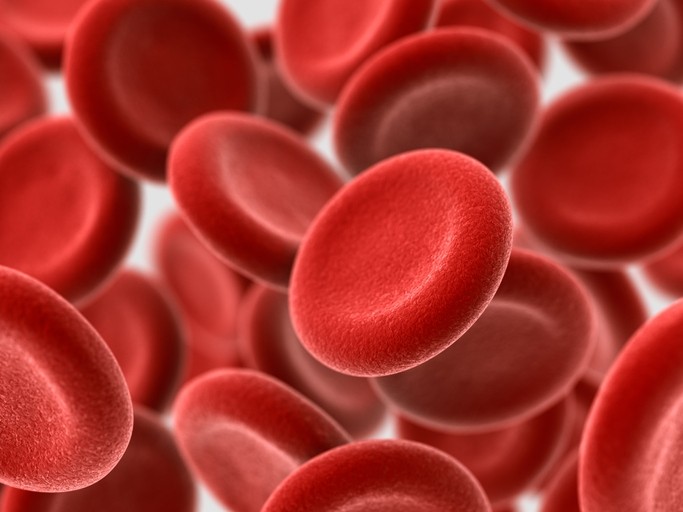Indian vitamin K2 supplier to fly own flag in US market

The decision was taken as a result of changes in the ownership of brand holders in the market, chief among them the acquisition of Italian ingredient developer Gnosis by French firm Lesaffre, which was completed in 2018, followed by the combined entity’s acquisition of Norwegian firm NattoPharma last year.
Synergia has had its own ownership transformation, with Novozymes stepping forward to take a 60% stake in the company in November of 2021.
Direct conversation with customers
Daniel Rosenbaum, US president for Synergia Life Sciences, said the Mumbai-based firm decided the time had come to sell its ingredients under its own in the US market. The ingredient is branded as MenaquinGold, and has GRAS status for administration to children. While the name is new to the US market, the products are not, he said. Much of the vitamin K2 sold in the US has been produced in India at one of Synergia’s plants near Mumbai and in Gujarat.
“Synergia has been in the K2 business since about 2005 and started producing commercial products from about 2006 or 2007,” Rosenbaum said.
Vitamin K2 is distinguished from the more well known vitamin K by its chemical structure, Rosenbaum said. He said it’s perhaps unfortunate that all of these related compounds became grouped together. While they share certain chemical traits, their activity is diverse enough that it can lead to some confusion on the part of consumers and even some medical professionals.
Vitamin K, or phylloquinone, is most closely related to blood coagulation. K2, or menaquinone-7 (also known as MK7, the most common form in the market; there is a menaquinone-4, or MK4 form as well) has a number of additional activities, including regulating calcium mobility into and out of the bones. Thus, it has been shown to be important for not only bone health but also cardiovascular health in that it helps restrict the build up of calcium-rich plaques in the blood vessels.
Vitamin K2 can be found in the diet in unpasteurized cheeses and in the Japanese food item natto, a fermented soybean dish whose strong, ammonia-like smell and slimy texture make it a hard sell for Western palates.
Rosenbaum said Synergia has long supported the development of the scientific dossier on the ingredient and now wanted to make that case directly.
“We want to take more control over what happens with customers and the growth of the market. Synergia really has focused on new clinical studies for indications like peripheral neuropathy and cardiovascular output. We wanted to carry that story directly to the consumer and develop those applications,” he said.
Room for more than one quality supplier
One question that has hovered over the market for years has been who was making the ingredients and to what specifications. More than a decade ago missteps by some of the major suppliers active at that time resulted in material of varying quality, which served to sever some relationships and retard the overall growth of the market.
Rosenbaum said there’s plenty of growth potential in the market to accommodate a number of suppliers who are focused on quality. Synergia ferments its K2 using chickpeas as the raw material, while many others use soybeans, the traditional starting point.
There are also synthetic suppliers in the market, which is a viable choice, too, Rosenbaum said, assuming those ingredients approach a similar specification as the natural sources. The natural ingredient is all in the trans-isomer form of MK-7, Rosenbaum said. Synthetic versions will always have at least some of the cis-isomer form; it’s just a question of how much. High quality sources might have only one or two percent, while lower quality forms might have as much as 50%, which would start to affect efficacy, he said.
Rosenbaum said part of what drove the Novozymes investment was a strong belief that the best days are ahead for the K2 market. Production costs are declining, and major potential customers are starting to take notice of the ingredient’s developing efficacy story. The market is still a long way from being mature, he said.
“If you look at major growth areas for K2 it is going to be in food. The very strong conviction is there is huge growth potential for these new applications in the US market,” he said.
















